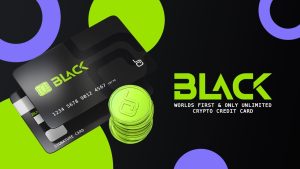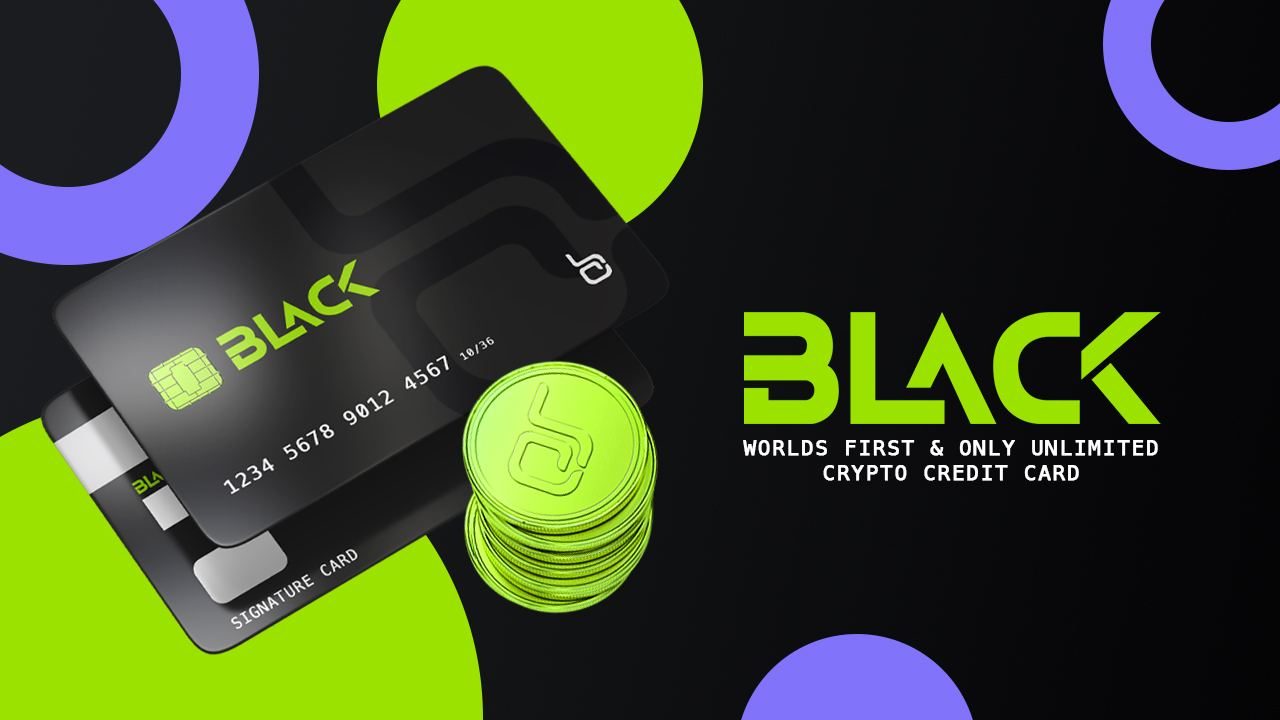The top five frauds involving the ongoing FIFA World Cup Qatar 2022 have been listed by international cybersecurity company Kaspersky.
Millions of football lovers from around the world tune in to watch the World Cup. Scammers utilize a variety of methods to capitalize on soccer fans’ interest during this crucial time.
In a recent blog post, Kaspersky listed the top five scams taking advantage of the World Cup in Qatar in 2022 after its specialists examined phishing websites related to the World Cup from around the world that were made to steal users’ financial and identification information.
First off, since match tickets for this year’s game can only be purchased digitally, scammers are increasingly capitalizing on the availability of fake tickets by setting up phony websites.
“Kaspersky experts discovered numerous phishing pages purporting to sell tickets for FIFA matches. Needless to say, users of these sites will lose personal data, banking details, and money,” the report said.
False presents are the second most common type of scam
According to Kaspersky, its researchers discovered phishing pages promising the chance to win two World Cup tickets. “Frequently, every user ends up as a “lucky” winner who only has to pay a delivery cost.”
User data is stolen through fraudulent FIFA-related product stores, which is the third type of scam. Through the use of team T-shirts, phone cases featuring well-known players, and autographed soccer balls, scammers may be able to persuade users into disclosing personal information or sending money.
The fourth category of World Cup-related scams is crypto and NFT fraud.
“A distinctive feature of the threat landscape on the eve of the 2022 World Cup has been the active spread of various crypto scams, mostly exploiting the popularity of NFTs.” Kaspersky said.
Users may be asked to wager on a game in order to win cryptocurrencies or NFTs in these frauds. For direct prize transfers, they will ask consumers for their crypto wallet information. Once they have the wallet credentials, scammers will empty users’ wallets and all savings, though.
“Another scheme is crypto investment fraud. Fraudsters actively create real coins and convince a user to invest in it while promising the victim potential currency growth. In reality, these are almost never a success and users have spent money on something that will never develop,” the post said.
Users will eventually need to be mindful of bogus accommodations and flights. Experts from Kaspersky cautioned users against being duped into submitting their credit card information by phishing pages that look like airline websites advertising tickets to Doha.
However, it is best advised for users to double-check a link before clicking and to stay away from new, shady businesses.
DISCLAIMER: The Information on this website is provided as general market commentary and does not constitute investment advice. We encourage you to do your own research before investing.
Join us to keep track of news: https://linktr.ee/coincu
Website: coincu.com
Annie
Coincu News












